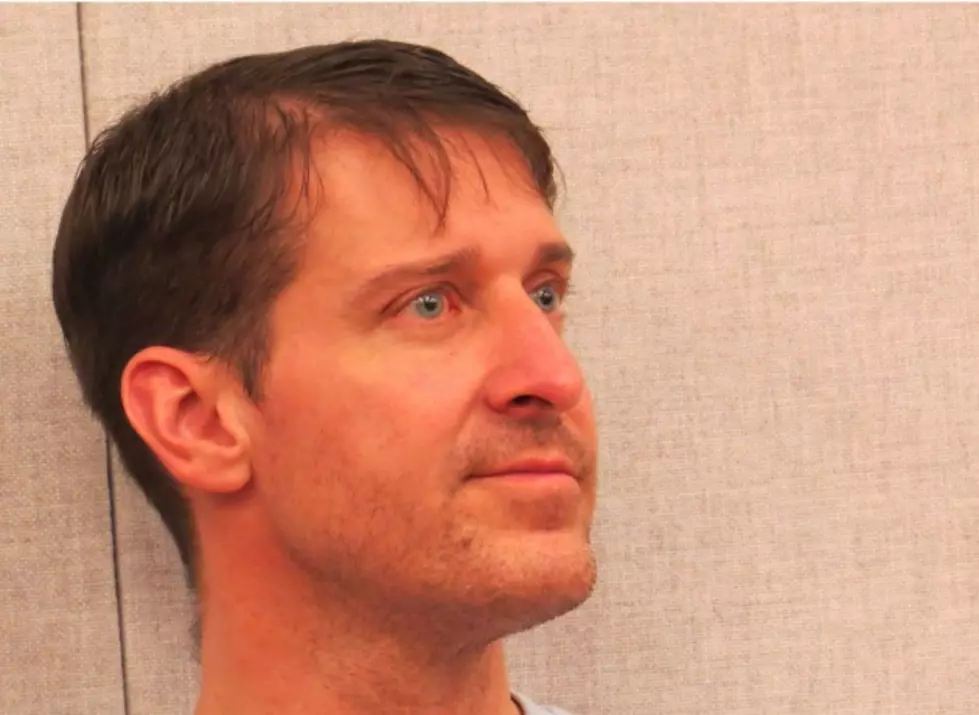
Webb’s Fate Is Now With The Jury
Clint Webb said he'd love Julie Webb forever.
"Julie didn't love Clint anymore, and Clint wouldn't have that," prosecutor Dan Itzen told the jury during closing arguments of Webb's second-degree murder trial on Friday.
So Clint Webb wanted to make June 30, 2014, the day of "forever," Itzen said after four days of testimony.
According to court records, Julie said she was traveling westbound in her vehicle, on East 12th Street, approaching Payne Street, when Clint ran the stop sign while traveling south on Payne, and rammed her vehicle with his. After she got out of her car, Clint drove around the block and tried to run her over while she was standing on a neighbor's front lawn.
To sum the prosecution's case against Clint Webb, Itzen said, "this became a case about control, and Miss Webb wouldn't give it to him."
Clint Webb is on trial for two counts of aggravated assault, one count of attempted second-degree murder, and one count of felony property destruction. If convicted on the aggravated assault and property destruction counts, he faces up to 30 years behind bars. If convicted of attempted second-degree murder, he faces at least 20 years imprisonment.
At 1:15 p.m. Friday, Judge Daniel Forgey handed the case to the six-man, six-woman jury for deliberation and a verdict.
But not before Webb's public defender Rob Oldham responded to Itzen's arguments.
Oldham wanted the jury to know who his client was before passing judgment on him, he said.
Itzen used words like "dominating," "stalking," "hunting," and "controlling" to describe Clint Webb's actions, Oldham said.
But Webb, 42, had never been in trouble with the law before, had no history of drug or alcohol abuse, and loved his wife and sons, Oldham said.
Webb never stalked his wife, and went out of his way to stay married, he said.
He moved to an apartment because he believed he needed to control his anger, Oldham said. Likewise, with the exception of one breach, he honored the protection order his wife filed against him. He went to counseling, if only one time. And he voluntarily signed up for an anger management program.
Oldham said the state proved what happened on June 30, 2014, but didn't explain why.
However, the state didn't do a good job of resolving differences in the testimonies of witnesses, many of whom were neighbors responding to the crashes, he said. "How can the state not try to pull these inconsistencies together?"
Investigators also didn't do a thorough job of inspecting the vehicles involved because their minds were made up about Webb's guilt, he added.
In his response, Itzen said Oldham's comments about the "what" and the "why" of the case are beside the point. "The evidence before you is 12th and Payne."
More From K2 Radio









